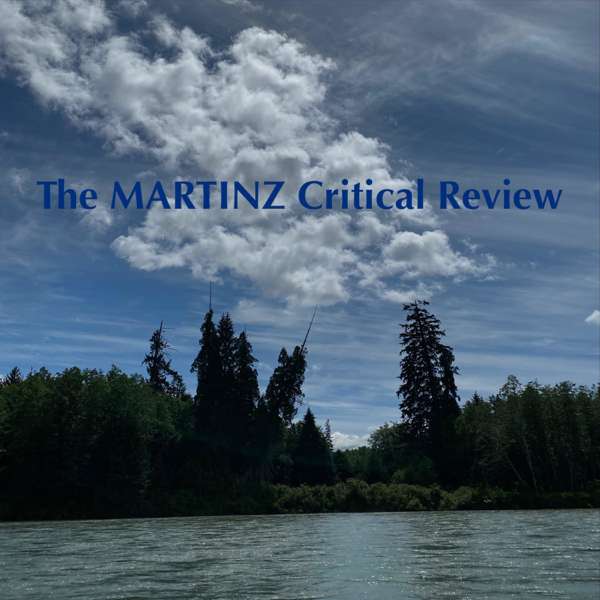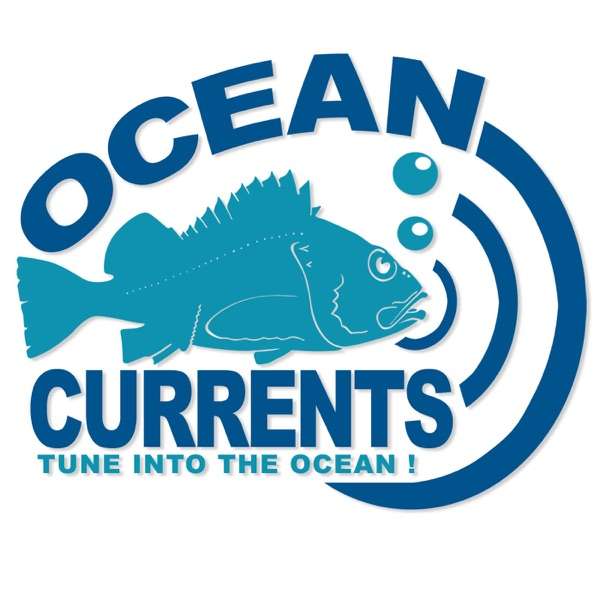Ian Cassidy: When you did a PCA, a principal component analysis, like, it was like beautiful. There was, like, a red circle in the middle of, you know, the blue on purchase, you know, data points. And there were the red purchase ones and they were all clustered together. It was, it was really interesting. And like the, the machine learning model had a really good time trying to predict that the ones in that red cluster where the things that people were were interested in purchasing. Ginette: I'm Ginette, Curtis: and I'm Curtis, Ginette: and you are listening to Data Crunch, Curtis: a podcast about how applied data science, machine learning, and artificial intelligence are changing the world. Ginette: Data Crunch is produced by the Data Crunch Corporation, an analytics, training, and consulting company. If you want to become the type of tech talent we talk about on our show today, you’ll need to master algorithms, machine learning concepts, computer science basics, and many other important concepts. Brilliant is a great place to start digging into these. The nice thing about Brilliant is that you can learn in bite-sized pieces at your own pace, and with a bit of consistent effort, you can tackle some really tough subjects. With 60+ courses that combine story-telling, code-writing, and interactive challenges, Brilliant helps develop the skills that are crucial to school, job interviews, and careers. Sign up for free and start learning by going to Brilliant.org slash Data Crunch, and also the first 200 people that go to that link will get 20% off the annual premium subscription. Now onto our show. We’ve waited to publish today’s episode because Covid has taken a toll on the travel industry and lots of things have changed since we recorded this episode, but there’s good information in this episode, so we don’t want to wait too long to publish it. Hopefully 2021 changes the travel industry’s fortunes and this information becomes even more applicable. So today we chat with Ian Cassidy, former senior data scientist at Upside Business Travel. Ian: I'm Ian Cassidy. And my interests are in the machine learning optimization realm, since I have experience with that from my grad school days, and a little bit about Upside is we are a travel company, travel management company. We offer a product that is no fees, 100% free. And in fact, if you spend over a hundred thousand dollars booking travel on our website, we offer a 3% cash back, as well as free customer service, 24/7, no contracts. So that's you sign up with us, no contracts, you get all of this as soon as you sign up. We are a one-stop shop to book and manage all of your travel. In one place, we offer flights, hotels, rental cars, and we also offer expense integration and reporting for companies looking to, to manage all of their, their travelers and, and their expenses for that.Curtis: Right on. We talked before about the journey that your company has gone through, uh, to figure out how to best use data, you know, how to target and what really works with, with machine learning and things like this. So I'd love to just talk a little bit about that: where you guys started and how you guys made some decisions, what you learned along the way and what you're, what you're up to from a data science perspective.Ian: Yeah, sure. So, uh, you know, like you mentioned, things have changed quite a bit at Upside. We started off as a B2C company where we were targeting what we were calling do it yourself travelers. You did not have to be logged into our site in order to start doing a search and book flights or hotels. So that kind of made it interesting from a data collection perspective. We had like some unique IDs about who the people were that were doing the searching, but it was, it was largely kind of, you know, we didn't really know much about you when you, when you were searching. So when we started, one of the main things that we were trying to improve upon was our sorting of inventory...

 Our TOPPODCAST Picks
Our TOPPODCAST Picks  Stay Connected
Stay Connected







